Experts from the University of Edinburgh and the Royal Zoological Society of Scotland have already been working closely together to produce Britain's first panda cub.
Two historic institutions to sign a five-year Memorandum of Understanding
Two leading institutions, which have worked closely on attempts to produce Britain's first panda cub, will today (Monday August 18) strengthen their relationship at a ceremony in Edinburgh.
The University of Edinburgh and the Royal Zoological Society of Scotland (RSZZ) will sign a five-year Memorandum of Understanding to encourage further collaboration on a range of RSZZ activities and research projects.
The agreement will see specialists across the humanities and sciences build on their work in the giant panda project by participating in public events and sharing scientific facilities.
Possible initiatives include the development of a joint discovery centre, as well as research on climate change, sustainability and animal conservation and breeding. They will also explore the possibility of doing more to protect and promote Scotland's wildlife.
Experts from the two historic institutions have already been working closely together - endocrinologists at the Queen's Medical Research Institute (QMRI) at the University of Edinburgh have been analysing daily urine samples taken from Tian Tian, the female giant panda.
Together, they have been able to confirm key timelines her breeding window and pregnancy by extracting complex scientific data that shows protein levels and hormone crossovers and dips at various key stages.
The compilation and study of the data sourced has happily allowed scientists at both organisations to confirm Tian Tian is likely pregnant and will carry to full term.
The memorandum will be signed by RZSS chair, Jeremy Peat, and principle and vice-chancellor of the University of Edinburgh, professor Sir Timothy O'Shea.
Jeremy Peat said: "The strongest associations have been between zoologists and veterinary scientists, and for many years the Royal (Dick) School of Veterinary Studies at the University of Edinburgh provided clinical service to Edinburgh Zoo.
"Since then there has been a constant informal exchange between the two bodies, with representation in governance, shared enterprises and intellectual stimulation. It is now agreed that a Memorandum of Understanding will provide a framework for further collaborations."
Professor Sir Timothy O'Shea said: "I am delighted that we are able to come together and formalise joint objectives and shared goals. We have a strong history of collaboration and it is very satisfying to recognise this publicly and formally."
Image (C) Royal Zoological Society of Scotland

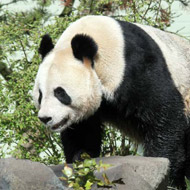

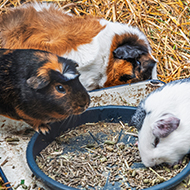
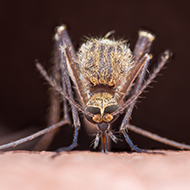
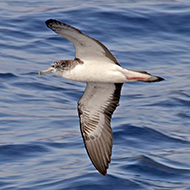
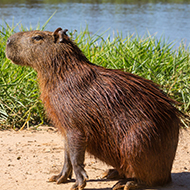
 Zoetis has launched a new survey to identify management techniques for Equine Herpes Virus (EHV).
Zoetis has launched a new survey to identify management techniques for Equine Herpes Virus (EHV).
